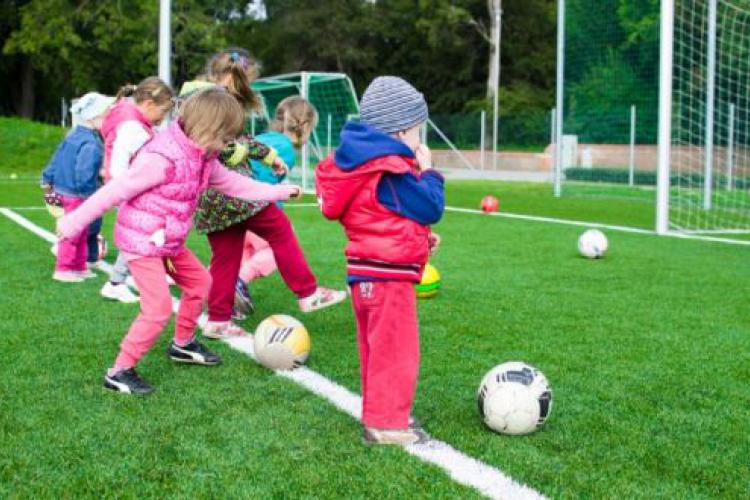Movement games can be an age-appropriate way for children to learn self-regulation. They are inexpensive and easy to use in a classroom setting. Games that require children to move their bodies according to certain rules require a broad range of executive functions. You can increase the complexity by adding or changing the rules. This ensures children’s skills are continually challenged, which is critical for development [1,2].
List posts


This is the last post in a series on the core components of executive function. If you missed our previous posts, you may view the full series of executive function core components here. Cognitive flexibility is the ability to adapt thinking and behavior to changing circumstances or demands [1]. It is also called flexible thinking. This skill helps children adjust to the demands of new situations such as starting school [2]. Children with rigid thinking may have a hard time adapting to new things.

Do you know a child who just can’t sit still or pay attention in class? Maybe you know one who is always acting out? There’s a good chance these children struggle with inhibitory control. This is the second part of a series on the core executive functions. If you missed Part 1, you can find it here.

Our last post provided an overview of the role of executive functions in children’s learning and development. We also discussed the importance of being able to identify possible issues with executive functioning. This is the first post in three-part series. We will look at the core parts of executive function; these include working memory, inhibitory control, and cognitive flexibility. We begin with working memory.

Executive functions are mental skills that help us control our behavior in order to reach goals. These skills help us pay attention, resist impulses, stay organized, and adapt to change. They allow us to plan, set goals, and follow through with our intentions.
